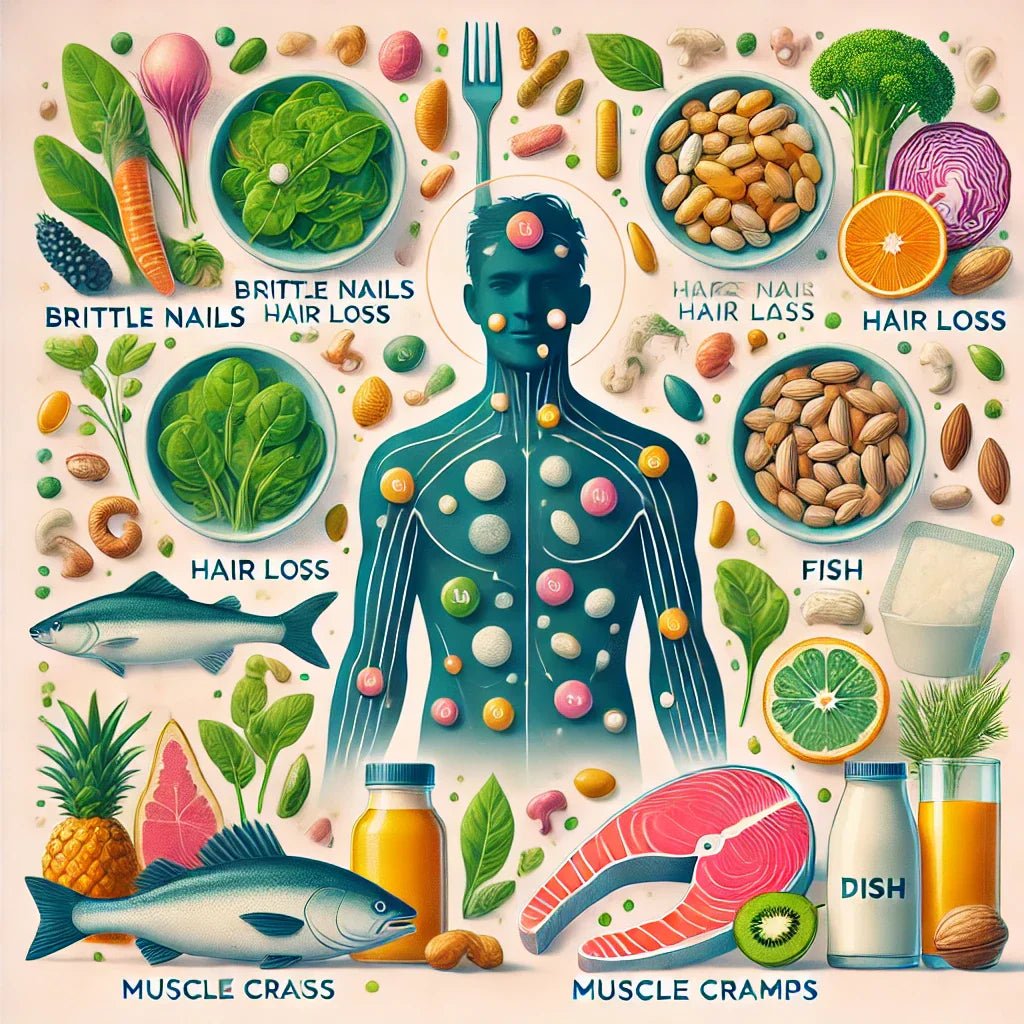Many people affected by cancer initially do not want to talk about it to their children to protect them from additional stress. This is understandable - trying to protect a child from the worries of the adult world is natural, but hearing a diagnosis of a disease does not only concern the sick person, but also affects the entire family.
Talking to a child about a parent's illness
The first question that comes to mind is whether to tell the child about the disease at all. Honesty is the best policy. Regardless of age, children perfectly sense their parent's emotional states and tensions, even if we think we have masked them well. The child will notice changes in the daily routine and changes in appearance that will appear during the treatment process. When children do not know what is happening, they will invent their own story in their heads, which may be much more terrifying for a young person who is just developing than the truth.
The message given to the child should vary depending on his or her age. Speak to him in a language adapted to his communication capabilities. Small children will not always be able to understand the consequences of the disease, but they will understand that, for example, their mother needs rest. The child needs to know what is happening with the caregiver. They may ask a lot of questions, such as: Does it hurt? And where is the cancer hiding? . They will probably also ask questions about how their parent's illness will directly affect them, e.g. Will I still go to school? Will I still be able to go outside? At a given moment, due to the lack of full understanding of the consequences of the disease, the child may simply ask after the conversation: What's for dinner? Older children will have a greater understanding of the situation and may have more existential questions on their part. Regardless of the child's age, remember to give him space to sort out what he has heard and to ask him what he needs.
How to take care of a child depending on his age
- Children aged 3 to 5 years.
Children under the age of 5 are generally unable to understand that we all die eventually. Children this age may expect the return of someone who has died. It often takes time and growing up for them to realize that the parent they loved will not come back. When death is very close, the child should know that the parent will die soon. It's important to tell the truth. If an expression like this is used: " Mom will go to sleep. ” and at some point the child will realize that his mother has not woken up, he may be afraid to go to sleep at night.
Here are some tips that may help:
- messages explaining what is happening should be simple - in words understandable to the child,
- check whether the child understands the message,
- repeat and explain as long and as often as the child needs it,
- also name your states and emotions, e.g.: " Today I feel sad ."
- Children aged 6 to 8 years
Children at this age are better able to understand the concept of death and that it is permanent. Some of them may imagine her as a monster or as an outsider who can come and catch them, and if they run fast enough, they can escape. A child at this age may also blame himself for his parent's illness, e.g. "Mom doesn't love me because I told her I hate her and that's why she's sick ." It is important to explain to the child why the sick parent cannot play with him/her.
Here are some tips that may help:
- inform the child, in a language he understands, what is happening to the sick person,
- answer all questions honestly, if you don't know the answer, say you don't know, then you can look for the answer together with your child,
- encourage the child to express and talk about what he or she feels,
- inform the child when death is imminent and allow the child to visit and be with the parent,
- if your child is having problems at school, explain that it is normal for school performance to drop a little when a parent is in the hospital and you are not angry with them,
- reassure the child that it is not their fault that a parent is sick or dying.
- Children aged 9 to 12
Children this age have a much better understanding of illness and death, but that doesn't mean they don't need clear information. The child will need to understand what is happening and what to expect.
Here are some tips that may help:
- let your child spend as much time as possible with the sick person,
- Encourage them to express and talk about their feelings, but let your child keep their feelings to themselves if they prefer.
- translate and talk to the child as much as he needs it,
- provide information about what cancer is and what they can expect, what the treatment is like,
- be assured that the parent's illness is not the child's fault.
- Children 13+
Teenagers have an adult understanding of death, but they may not have adult coping skills. Teenagers are old enough to know that their lives will change greatly because of the illness and death of their parents, and they struggle to cope with this threat. They may cope in ways that are difficult for parents to understand, for example by refusing to talk about the illness or trying to take control. Others may adapt, try to get closer to their parents and/or try to restore order in the house.
Here are some tips that may help:
- if interested, provide information about the parent's condition, symptoms, possible side effects of medications; what they can expect
- allow the teenager to spend as much time as he or she wants with the sick person; If he doesn't want to, encourage him to spend time together, but don't force him.
- Encourage teenagers to continue their usual involvement in school and other activities.
- allow your teenager to express his feelings.
Remember that each child is different and their reactions may vary. However, if you have difficulty coping with a new situation, you may experience:
- anxiety states, which may manifest themselves, for example, in the form of reluctance to break up, problems with falling asleep, fear of getting sick,
- aggressive behavior, outbursts of anger,
- avoiding social contacts,
- somatic disorders, e.g. headaches, abdominal pain [4].
Despite your overload with the situation, try to talk to your child as much as possible and explain to him what is happening. Rosenheim and Reicher [1] point out four consequences resulting from an open conversation with a child:
- the child is allowed to express his or her own feelings caused by the situation;
- expresses parents' confidence in their ability to cope;
- helps the child modify distorted ideas about what is happening;
- and supports the child in realistic preparation for the new.
The parent-child relationship is also important throughout the process. Philips [2] suggests that warm and supportive parenting can be a protective factor for children. Open communication between parent and child led to more effective coping and also seemed to strengthen the parent-child relationship [3].
Instead of a summary
Children are incredibly resilient and with loving support they will get through this difficult time. Try to have as normal a life as possible at home and as undisturbed a daily schedule as possible. If you do not feel able to meet all the requirements, seek help from your family and friends. If you have difficulty explaining the disease, read the book "What is cancer?" by Herlofsen and Geisler, which will help explain what cancer is and how to talk to your child. If you notice that your child's condition is getting worse and you are unable to cope with it, seek professional help from a psychologist.
Ida Garstecka
Bibliography
- Rosenheim, E., & Reicher, R. (1985). iInforming children about a parent's terminal illness. Journal of Child Psychology and Psychiatry, 26 (6), 995–998. https://doi.org/10.1111/j.1469-7610.1985.tb00613.x
- Phillips, F. (2014). Adolescents living with a parent with advanced cancer: a review of the literature. Psycho-Oncology, 23 (12), 1323–1339. https://doi.org/10.1002/pon.3570
- Kennedy, V.L., Lloyd-Williams, M. (2009) How children cope when a parent has advanced cancer. Psycho-Oncology 18 (8):886–892. https://doi.org/10.1002/pon.1455
- Kornreich, D., Mannheim, H., Axelrod, D. (2009) How children cope with their parents' cancer, Post-Diploma Psychiatry 6 (2)
- Adams-Greenly, M., & Moynihan, R. T. (1983). Helping the children of fatally ill parents. American Journal of Orthopsychiatry, 53 (2), 219–229. https://doi.org/10.1111/j.1939-0025.1983.tb03367.x
- Silverman, P. R., Worden, J. W. (1992). Children's reactions in the early months after the death of a parent. American Journal of Orthopsychiatry, 62 (1), 93–104 https://doi.org/10.1037/h0079304
- Warsaw Psycho-oncology Center (2016) How to talk to children and teenagers when an adult has cancer. A guide for parents and family members. Based on: Talking to children and teenagers when an adult has cancer. , MAC 5766






